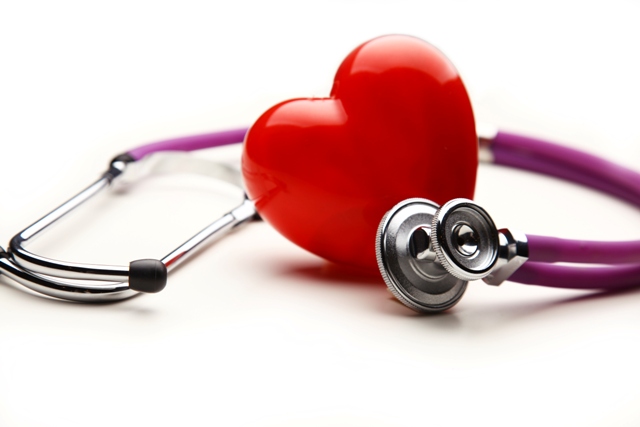Eating disorders can damage every part of the body, the heart and cardiovascular system in particular. At least one-third of deaths in patients with anorexia are attributed to cardiac causes, research shows.
With February being American Heart Month, it’s a good time to consider how eating disorders can impact the heart – and why getting into treatment to restore balanced eating and allowing the heart to heal is so vitally necessary.
The Heart and Anorexia
It’s hard to think of an organ that’s more important than the heart. Beating an average of 115,000 times a day, the heart is responsible for transporting blood, oxygen and nutrients around the body. We can’t live for more than a few minutes without it pumping.
As strong as the heart is, it’s also very vulnerable to the deprivation of calories and nutrients that marks anorexia. Anorexia symptoms include a severely restricted intake of calories and food, and often a very low body mass index (BMI). These physical signs are usually accompanied by an intense fear of eating, becoming fat or gaining weight despite being underweight.
When calories are severely restricted, the body starts to make changes to conserve energy in an effort to stay alive. Muscles wither, bones lose density, and the skin and hair dry out. Like other organs and muscles, the heart also undergoes significant changes.
Changes in heart function
Individuals with anorexia often develop abnormal heart rhythms, or arrhythmias. Low heart rate and low blood pressure are among the ways that anorexia is detected and diagnosed.
When the body is subjected to prolonged fasting or starvation, the body undergoes hormonal and metabolic changes to protect itself from muscle or tissue breakdown. One of those responses is a slowed heartbeat. A slow heartbeat, or bradycardia, is a heart rate of under 60 beats per minute. It’s not uncommon for people with anorexia to have a heartbeat of below 40 beats per minute. Bradycardia can lead to fainting, fatigue, lack of energy. The slowed heart rate may also lead to a drop in blood pressure, called hypotension.
One specific heart rhythm abnormality seen in people with anorexia is a long QT syndrome, a subtle lengthening in a specific part of the heartbeat known as the QT interval. This change can be detected through EKGs or echocardiograms, and is associated with a higher risk of sudden death.
People who also binge and purge, including people with bulimia may also be susceptible to dehydration, dangerous shifts in electrolytes such as sodium, potassium and magnesium. Electrolyte imbalances can lead to irregular heartbeats, which can be life threatening unless fluids and minerals are replaced. This should be done carefully with experienced healthcare providers who will monitor vital signs and electrolytes closely.
Changes in heart structure
The heart is a muscle. Muscles need fuel to stay strong. When the heart doesn’t get the fuel it needs, the heart muscle shrinks and weakens. It’s similar to what happens with other muscles in the body when the body is slowly starving. The main difference is that while you can see the muscles on the outside of the body withering, you can’t see what anorexia does to the heart.
The most serious consequence of the loss of muscle mass is in the left ventricle. Known as the power chamber of the heart, the left ventricle is responsible for pumping fresh blood throughout the body. When the left ventricle is weak, this can lead to fainting, dizziness, and low blood pressure. It can also compromise the function of the nearby mitral valve.
Long-term effects of eating disorders on the heart
Over time, the changes in heart function and structure can lead to another potentially life-threatening consequences – heart failure.
In heart failure, the chronic malnutrition causes the heart muscle to become weaker and weaker and less able to pump the blood that the body needs. People with heart failure are at risk of having fluid building up throughout the body, causing swelling in the feet, ankles, legs and lungs. Heart failure can cause other organs in the body to shut down, leading to liver and kidney failure.
Healing the heart after eating disorders
As dire as the situation is, the good news is that the heart muscle is resilient. Research shows that if anorexia is detected and treated, the heart can heal.
A study in adolescent girls treated for anorexia found that while 35% had bradycardia, 93% had decreased mass in the left ventricle of the heart and 60% had abnormal heart rhythms, weight restoration reversed those structural and functional changes. Another study in adults with eating disorders found that abnormalities in the QT interval can return to normal after treatment.
Though heart complications from eating disorders are both common and incredibly serious, getting into treatment can reverse those changes. If you or someone you love is struggling, the team at Rosewood Centers for Eating Disorders is here to help. Contact us to get started.









